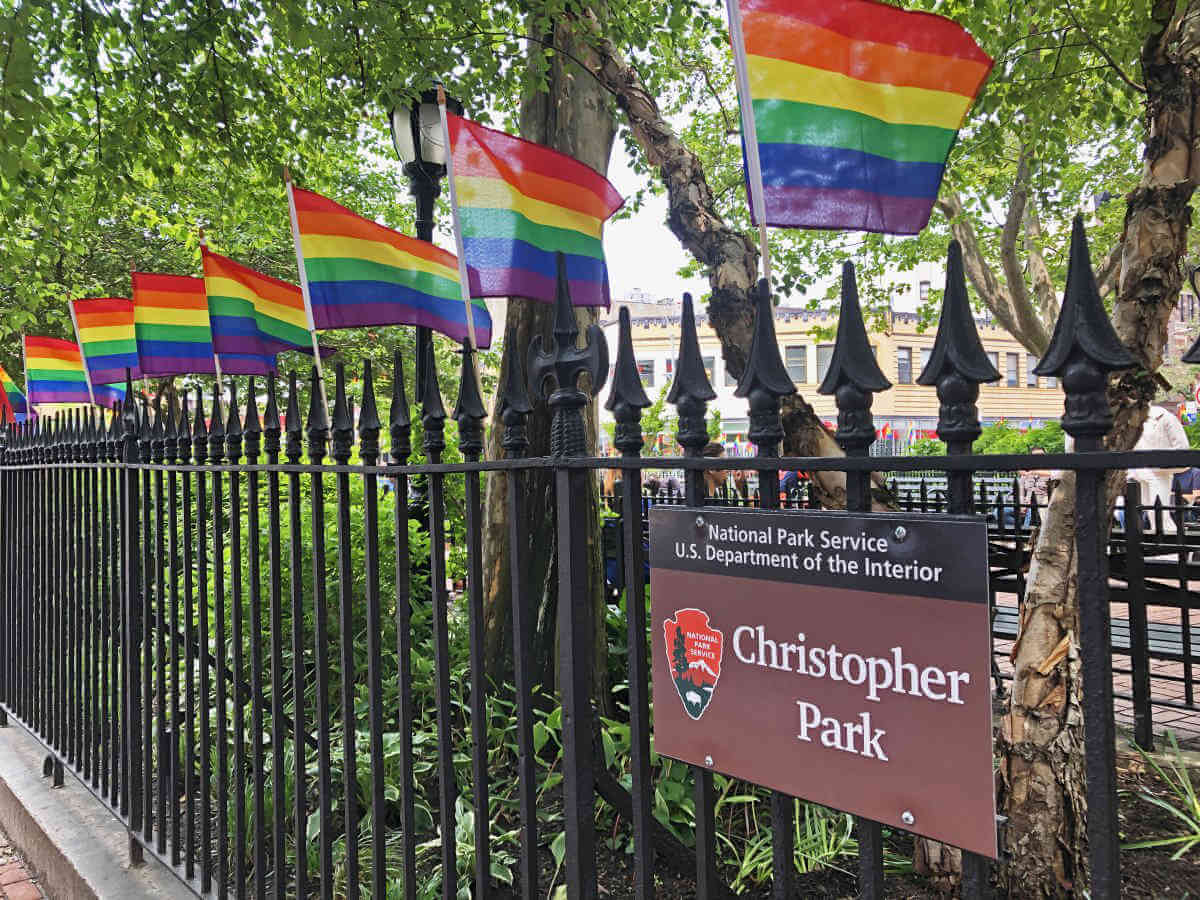By Albert Amateau
Veterans groups and elected officials who have been fighting for more than a year to prevent the possible closing of the Department of Veterans Affairs Hospital on First Ave. at 23rd St. got some help from Congress on Nov. 17.
The House of Representatives passed a measure, co-sponsored by Congress-member Carolyn Maloney, to require the secretary of Veterans Affairs to give Congress 60 days notice before implementing any major change at the 350-bed Manhattan hospital and other V.A. facilities across the country.
The Senate version of the measure, included as part of the Veterans Health Programs Improvement Act of 2004, and supported by New York Senators Charles Schumer and Hillary Clinton, passed in October and is awaiting President Bush’s signature. “We expect he’ll sign it,” a Maloney spokesperson said last week.
On Nov. 10, veterans groups along with representatives of elected officials demonstrated in front of the hospital and on the following day the City Council held a hearing on the need to maintain all the services in the E. 23rd St. hospital.
Councilmember Margarita Lopez said after the hearing that a Veterans Affairs feasibility study on merging of services of the Manhattan and Brooklyn V.A. hospitals that was supposed to have been completed Nov. 1 has been postponed. She called the V.A. proposal to restructure all department health services across the country a plan “to downsize and dismantle” the department healthcare system, including the Manhattan hospital.
The postponed V.A. study is supposed to review the feasibility of closing or combining with hospitals the inpatient beds, as well as the prosthesis, cardiovascular and H.I.V. units, and a unit that deals with women who have been raped during their military service, Lopez said.
“If you close the 350 beds, the veterans who are patients there will have to go to a hospital Upstate where most families will not be able to visit them,” Lopez said. The prosthesis unit, which deals with amputees from the war in Iraq, derives important benefits from the 23rd St. hospital’s association with New York University Medical Center and Bellevue Hospitals, both located nearby, Lopez noted. “You can’t replicate that in Brooklyn,” she added.
Lopez said the cardiovascular unit is the premier unit of its type among all V.A. hospitals in the nation. The unit also benefits from the rotation of doctors in the three neighboring hospitals, she said. The H.I.V. unit is the only one in the V.A. hospitals in New York State, she added. The unit is in the forefront of research into new ways to treat AIDS, according to Lopez. The rape unit is especially important as women take an increasing role in the military and “rape is used as a weapon,” Lopez observed.
Larry Devine, a regional spokesperson for the V.A., told The Villager on Nov. 15 that Secretary Anthony Principi has decided to create regional advisory councils to conduct the feasibility studies. The studies will begin next month and the regional councils are expected to report to the secretary in December 2005, Devine said.
The plan to restructure the V.A. healthcare system first came out two years ago, Devine said. In the local region, the hospitals in Manhattan, Brooklyn and Queens are the subject of possible consolidations. “The intent is to get all the information possible so that there is no rush to judgment — we want to find ways to provide healthcare to veterans in the best and most efficient way,” he said.







































